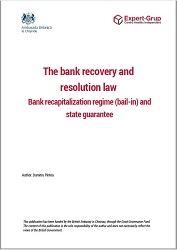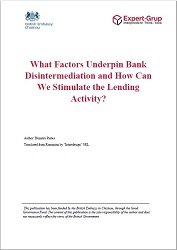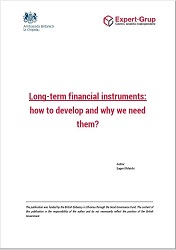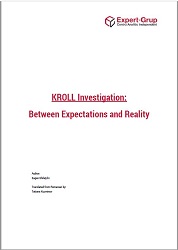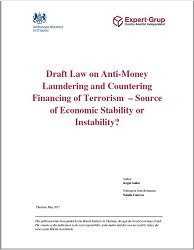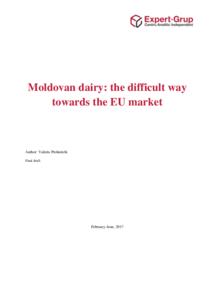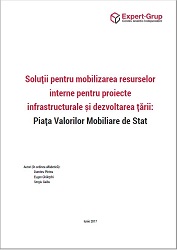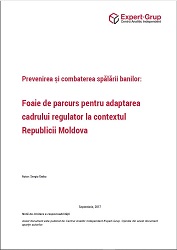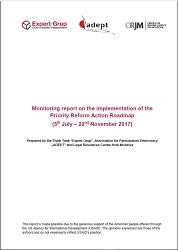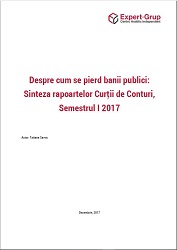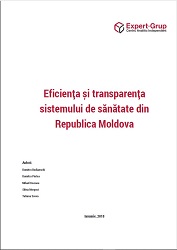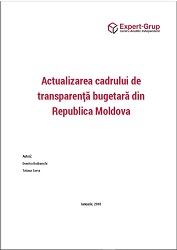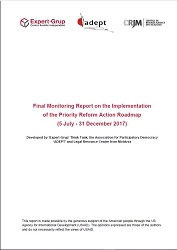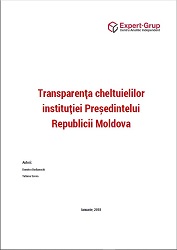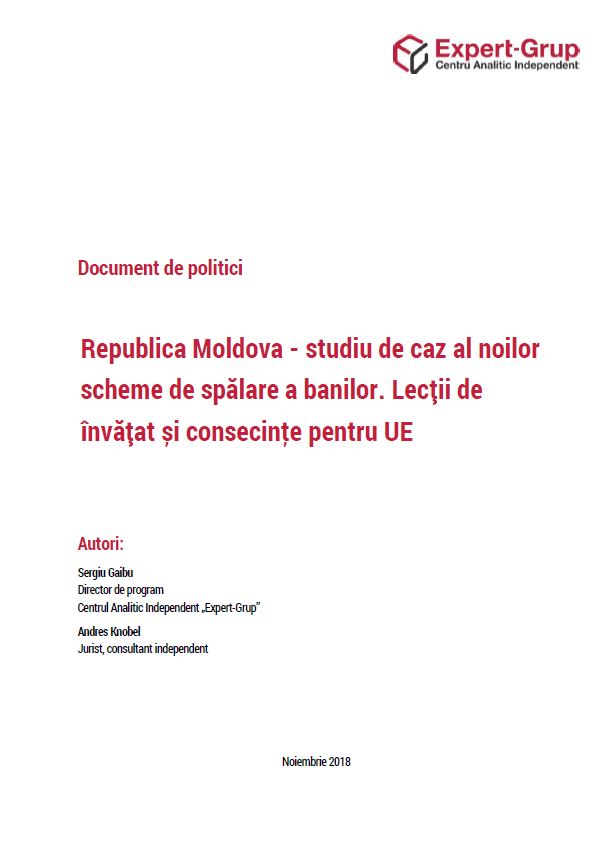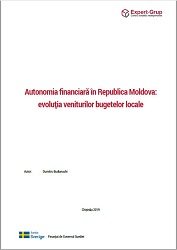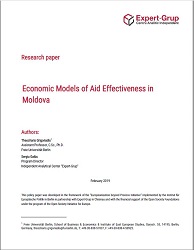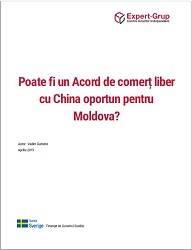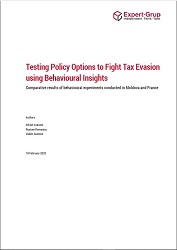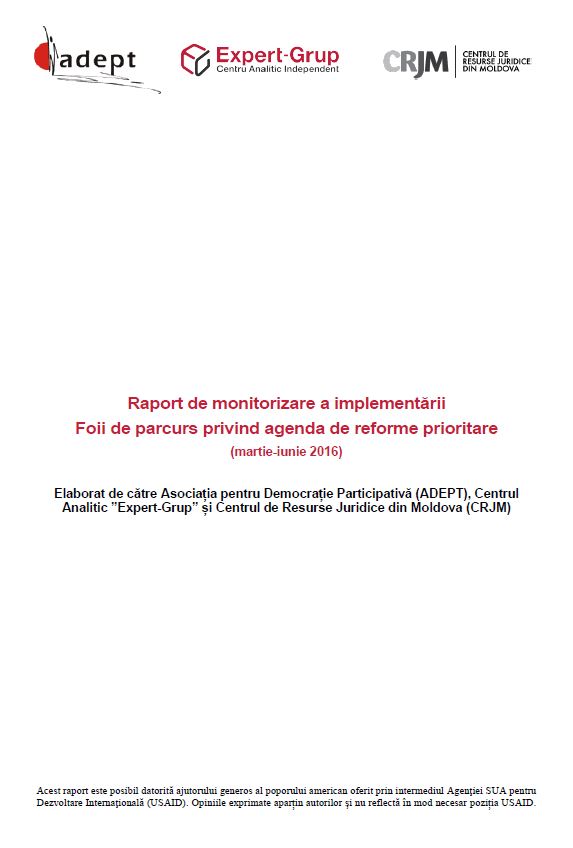
Monitoring report on the implementation of the Roadmap regarding the Agenda of Priority Reforms (March-June 2016)
Raport de monitorizare a implementării Foii de parcurs privind agenda de reforme prioritare (martie-iunie 2016)
Keywords: Reform Priorities in Moldova;
At the time of writing this Report (June), the completion deadlines for 57 actions out of the 69 provided by the Roadmap have expired. Respectively, out of the total of 69 actions, 24 (35%) were carried out without deficiencies; 16 (23%) of the actions were performed with deficiencies; 19 (27%) of the total number of actions are in positive progress and, respectively, 4 (6%) are in negative progress, with serious deficiencies that may prevent the successful completion of the action. The realization of 6 (9%) actions was not initiated. // At the same time, we would like to emphasize the fact that the quantitative results regarding the number or percentage of actions carried out in the Roadmap should be considered as a secondary indicator in relation to the quality of the actions carried out. Some of the actions included in the Roadmap are duplicated1, while others are of a technical and simplistic nature2 and should not have been found in such a document. At the same time, their implementation increases the number or the rate of actions carried out without actually constituting actions that create conditions for the implementation of the necessary reforms or demonstrate the will to reform.
More...
